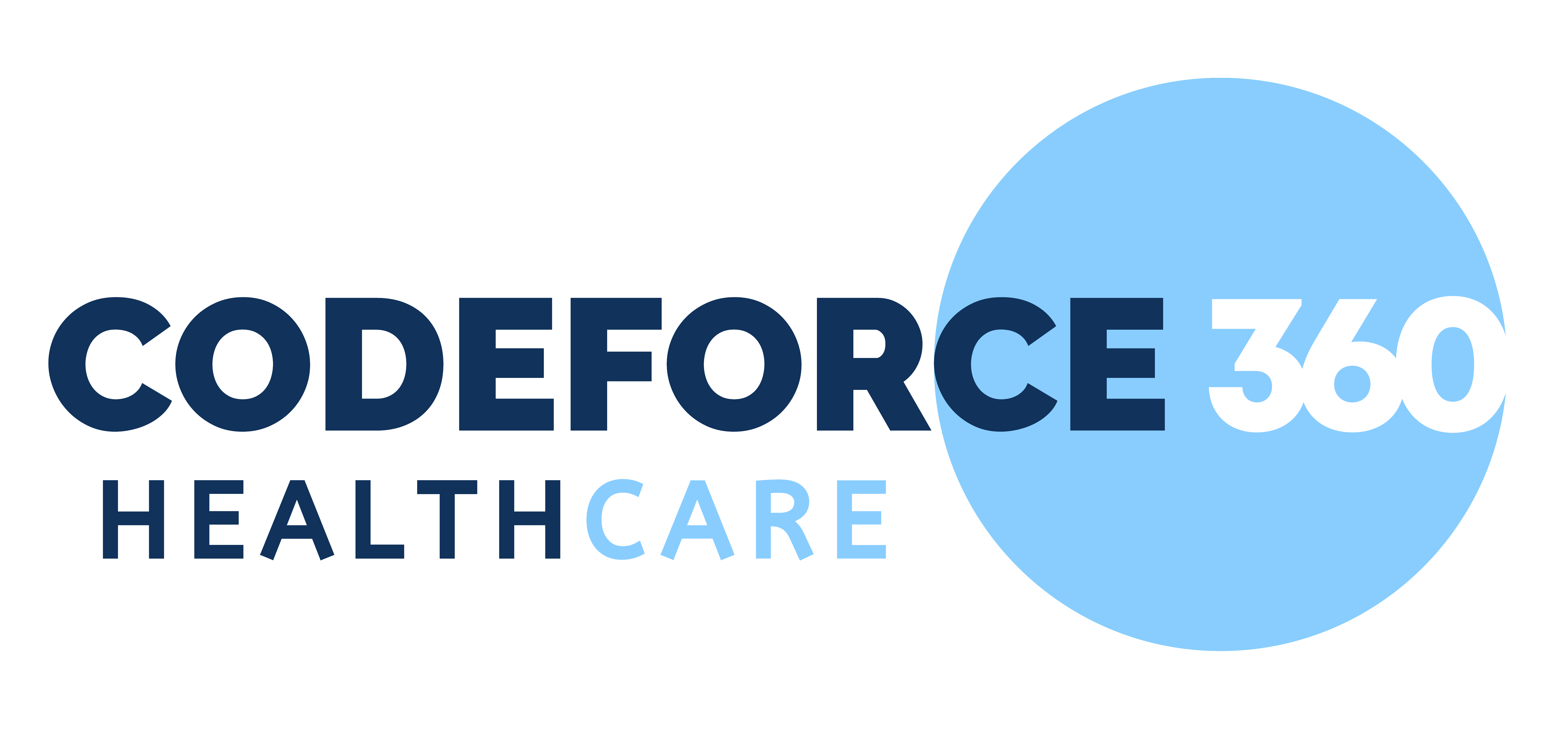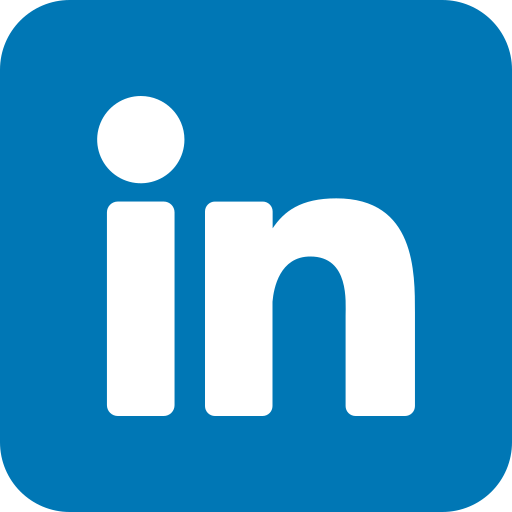Any organization looking to attract and retain top talent must invest in building a strong employer brand. The best candidates are attracted to apply for open positions because it separates an organization from its competitors. Businesses can increase employee engagement and lower turnover rates by creating a favourable employer brand.
The organization’s mission, vision, and values should be clearly stated as one of the first stages in developing a compelling employer brand. It sets up the basis for the brand and ensures that it aligns with the organization’s overall goals and objectives.
Highlighting the company’s unique characteristics and advantages to prospective employees is crucial to creating a strong employer brand. It includes focusing on employee perks like flexible schedules, remote work options, and professional development opportunities. A favourable candidate experience should be a priority for businesses at every stage, including the application, interview, and onboarding phases.
There are several reasons why employee referrals are so valuable. Current employees will likely know individuals who fit the organization’s culture and values well. Additionally, the employee and the referred candidate have an existing relationship, which eases the hiring process.
To implement an effective employee referral program, healthcare organizations should offer rewards for successful referrals, such as cash bonuses, gift vouchers, or additional vacation time. Healthcare organizations can use it as a successful referral program to encourage current employees to suggest qualified applicants, leading to better hires and more extensive healthcare staff.
Healthcare groups can use niche job boards and networks when recruiting healthcare professionals with specialized knowledge and skills. Unlike general job boards, niche job boards and networks are customized to specific industries, roles, and locations. Healthcare organizations can interact with professionals who might not be actively looking for work on conventional job boards.
The capability of reaching a highly targeted audience is another benefit of job boards. For instance, healthcare groups can use niche job boards and networks to make creative nurse recruitment strategies, recruit healthcare executives, doctors, or other specialized roles. It leads to an expanded talent group, more effective hiring practices, and improved healthcare.
Partnering with educational institutions can be a valuable recruitment strategy for healthcare organizations recruiting recent graduates. This strategy offers several advantages, including access to a pool of talented professionals eager to build careers in the healthcare industry and create a pipeline of qualified candidates.
To partner with educational institutions, healthcare organizations can engage in workshops, attend career fairs, and give internships to early graduates. These initiatives can raise the organization’s profile, spark the interest of potential applicants, and offer students fulfilling opportunities for growth and learning.
Conclusion
In the competitive industry, the above recruitment and retention strategies in healthcare can assist organizations in attracting and retaining top talent. To find a large pool of qualified applicants, healthcare organizations must take various measures, such as employee referrals are a valuable recruitment tool as they offer a more cost-effective and efficient way to attract qualified candidates.
Niche job boards and networks provide access to specialized talent pools and can help healthcare organizations find suitable candidates for their specific needs. Partnering with educational institutions is a productive way to build a pipeline of young, talented professionals and establish long-term relationships with future healthcare leaders.

Excellence Through Recruitment
Global Headquarters
3970 Old Milton Parkway,
Suite #200, Alpharetta, GA 30005
India Delivery Center
5th Floor, Sri Durga Towers,
Above UCO Bank, Road No 10,
Banjara Hills, Hyderabad-500034
Telangana, India.

Excellence Through Recruitment
Quick Links
Global headquarters
3970 Old Milton Parkway,
Suite #200, Alpharetta, GA 30005
India Delivery Center
5th Floor, Sri Durga Towers,
Above UCO Bank, Road No 10,
Banjara Hills, Hyderabad-500034
Telangana, India.
Stay in Touch








